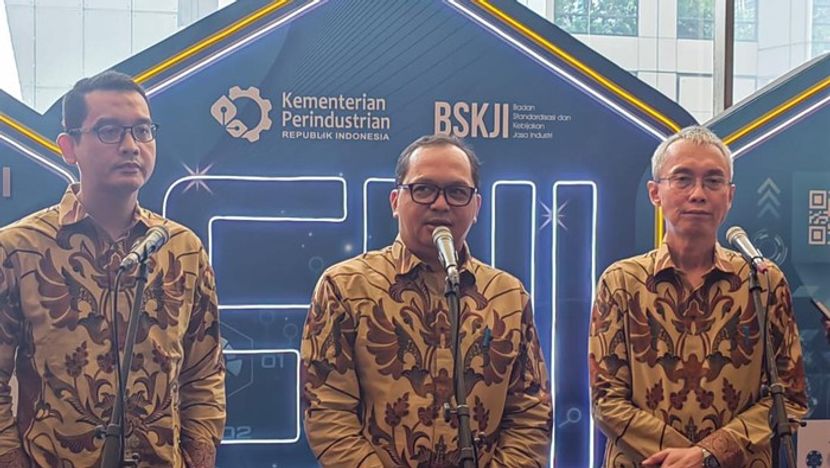Poor implementation of SNI standards for Indonesian imports highlights problems

Imported products that do not meet the regulations of the Indonesian National Standard (SNI) are nevertheless allowed to enter the country, this was revealed by the head of the Directorate of Standardization and Policy of Industrial Services (Kemenperin) of the Ministry of Industry.The standardization body in the sector has a center called the Industrial Standards Supervisory Centre, which has on several occasions found that imports that are said to have entered legally do not have an SNI, even though it is mandatory, so this shows the difference between what is legal and what is not. This situation has the potential to cost the country through the loss of import duties on the imported goods, which also have not gone through the SNI treatment process. If it uses the actual HS code, the state may charge import duty of 10%. But since there is a transfer of HS, he does not have to be concerned about SNI, so he only has to pay, for example, 5% or even 0% of import duty, which shows that there is a loss to the State. Therefore, in the regulation of the Minister of Industry Decree No. 45 of 2022, it is stipulated that foreign producers must have an official representative in Indonesia, so the imported goods must first go to the warehouse of the official representative, which makes it easier to regulate. Indonesia has the lowest number of national standards for products in Southeast Asia, with only 130 SNIs being mandatory. Of the 5000 manufactured products that require SNI, only 3-4% is mandatory. Meanwhile in other neighboring countries such as Vietnam, Thailand, Malaysia and especially China, the number of mandatory national standards is much higher.
At the same time, the Minister of Industry has introduced 16 Ministerial Regulations (Permenperin) on the mandatory implementation of industrial standardization. These 16 ministerial regulations regulate the conformity assessment process, which includes proper and correct auditing and testing. To support the implementation of these 16 regulations, the Ministry of Industry has appointed the Conformity Assessment Body (LPK), consisting of 20 Product Certification Bodies (LSPro) and 28 testing laboratories ready to carry out product certification and testing.Permenperin's 16 new regulations are designed to standardize a wide range of industrial products, including pre-stressed steel wire products, calcium carbide, valves, stoves, hoses for LPG gas stoves, tiles, sling sprayers, safety shoes, sodium tripolyphosphate, aluminum sulfates, zinc oxide and cement. To date, 44 draft ministerial regulations have been harmonized, of which details of 16 ministerial regulations have been issued and 28 draft ministerial regulations are in the process of being issued. Meanwhile, the other 24 draft ministerial regulations are still in the process of discussion with stakeholders, all of which refer to the provisions of IIT Regulation No. 45 of 2022.

